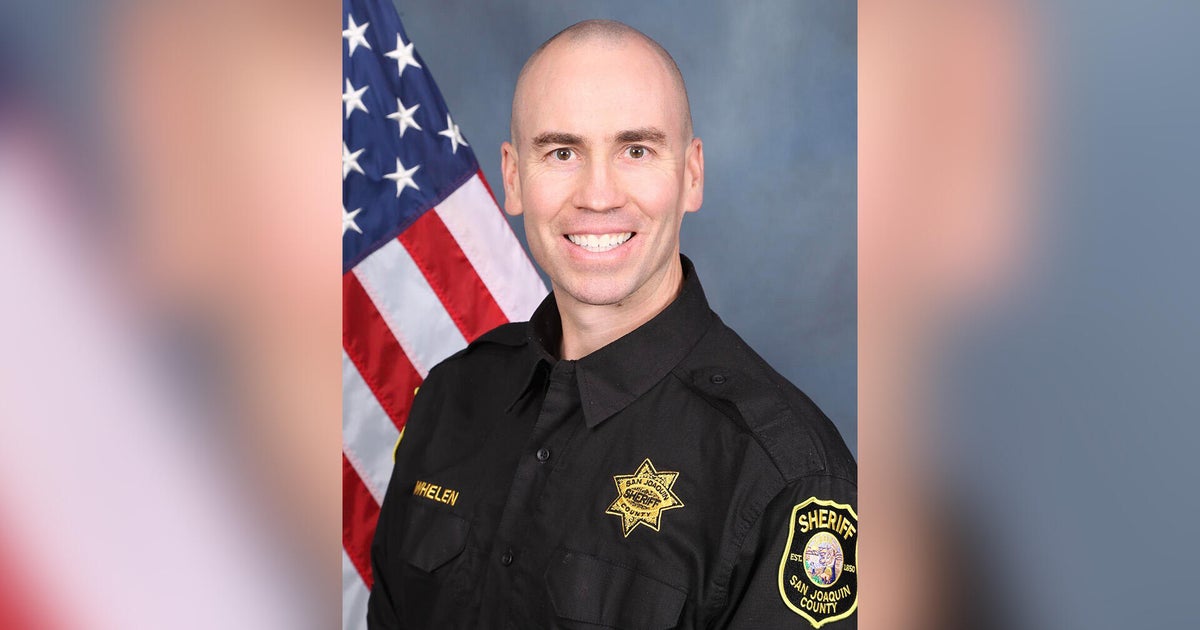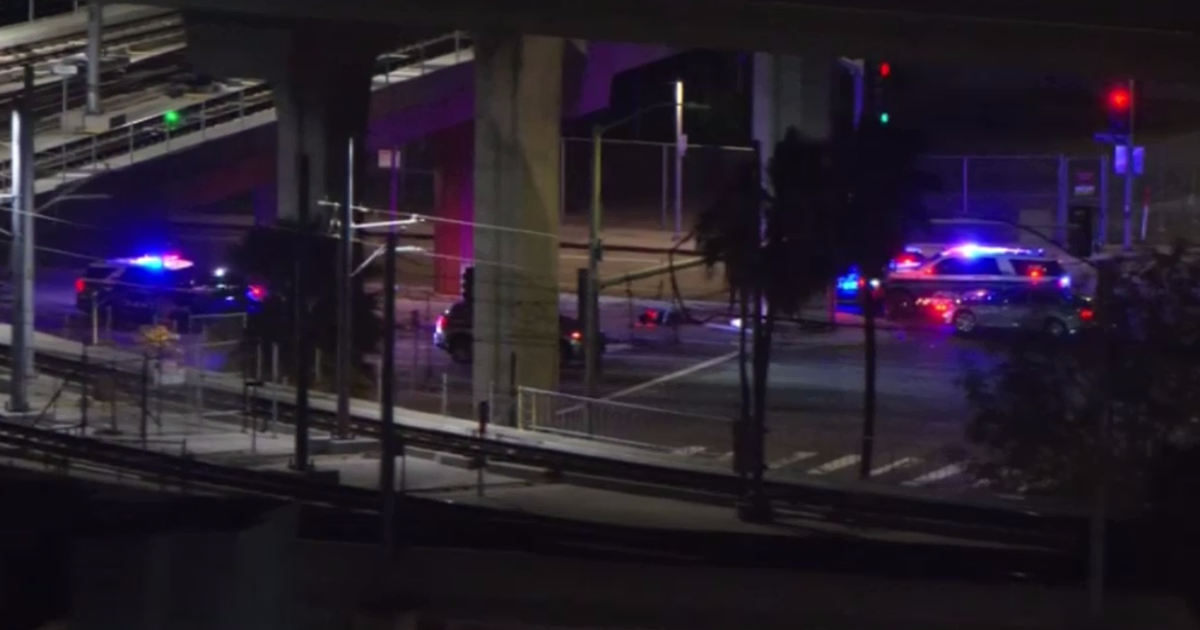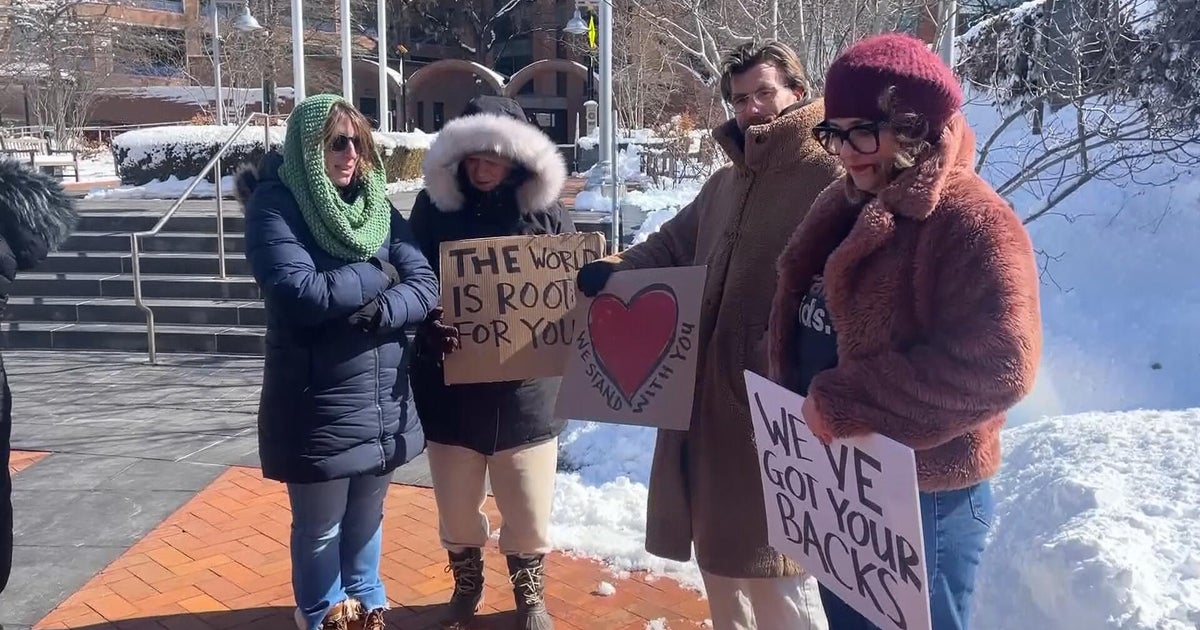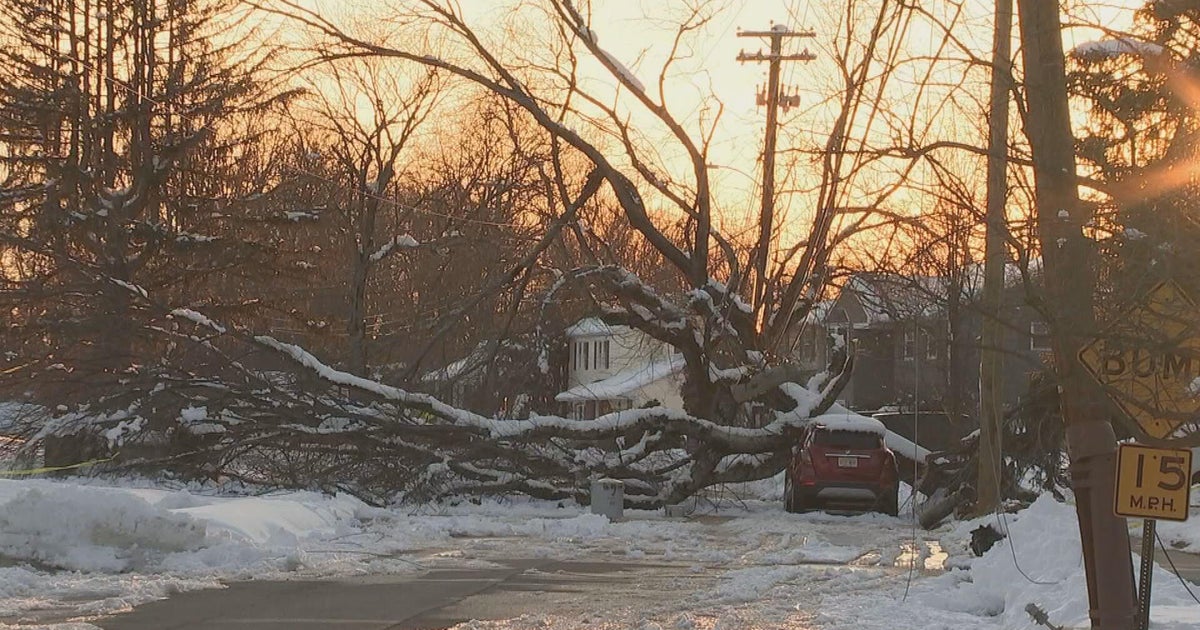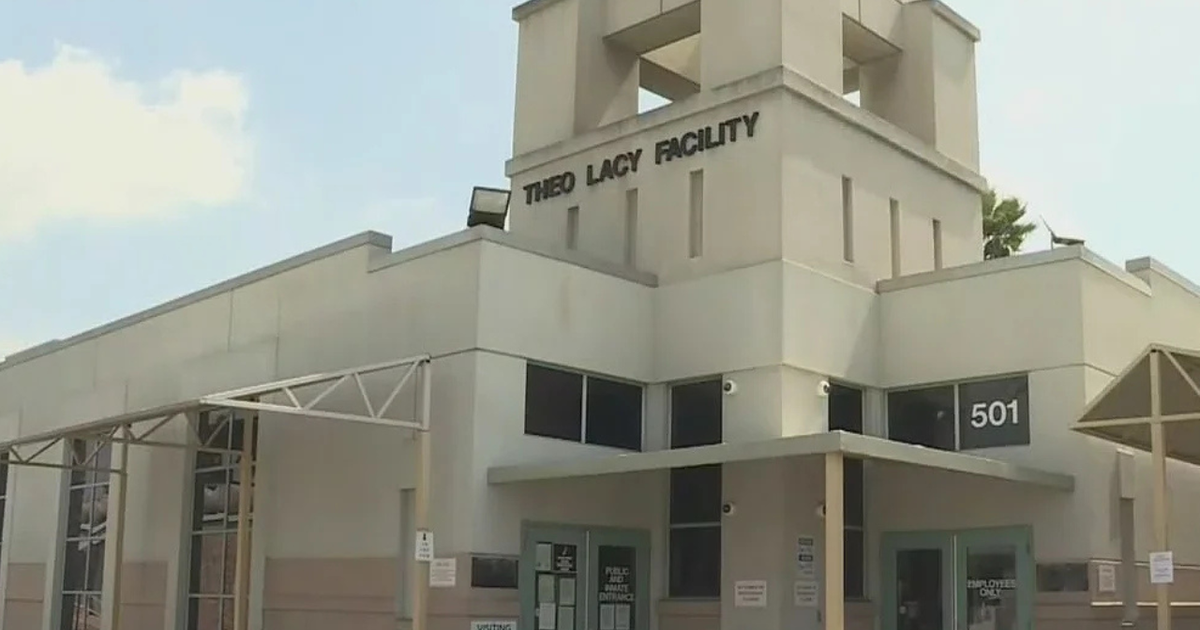Another New Jersey county issues warning about jury duty scam
The Atlantic County Sheriff's Office is the latest local agency to warn con artists are posing as police, telling people they're going to be arrested for missing jury duty if they don't pay up.
Erin, who asked CBS News Philadelphia not to use her last name, agreed to share her experience receiving this kind of call to warn others they're more convincing than you might think.
"This person talked in the manner that you would expect somebody who knows what they're talking about to talk," she said.
During the over 20-minute call, she says the man on the other end claimed to be a deputy with the sheriff's department, provided a badge number, and told her she owed more than $4,000 in fines for missing jury duty.
She said the name the caller gave even came up as a real, local deputy when she searched for it online.
But then he threatened she'd face a warrant for arrest if she didn't immediately pay her fines through Zelle or Apple Pay —something she admits was suspicious but didn't seem entirely improbable.
"When you're in that mindset, you're like, well maybe that is how they're doing things now, maybe they are calling people and getting payments over the phone," she said. "You get into this state where you're like, 'I want to take care of this as fast as possible with as minimal issue as possible.'"
While the penalty for missing jury duty can include jail time, local law enforcement agencies say they will never call asking for money or to make a payment over the phone.
Sheriff's departments in Atlantic, Berks, Bucks, Montgomery and Northampton counties have all issued similar warnings this year due to an increase in government imposter scam calls.
It's a con that cost consumers more than $70 million last year, according to the Federal Trade Commission.
The FBI previously waned scammers often even text or email fake badges to trick potential victims.
"It felt real," Erin said. "You think of scams working only on folks who aren't as technologically savvy, but they plant this seed of urgency and convenience. I think everyone is a little bit vulnerable."
Ultimately, what gave it away for Erin was when she asked for an address so she could talk to someone in person, and she said the caller mispronounced Broad Street.
"That's when I knew for sure that it was a scam," she said. "Nobody who's really in Philadelphia would mispronounce Broad Street that way, so then I was like, 'OK, we're done.'"
Authorities ask anyone who receives a call from a potential scammer to contact their local police or sheriff's department directly. You can also file a complaint with the FTC online or by calling 202-326-2222.
